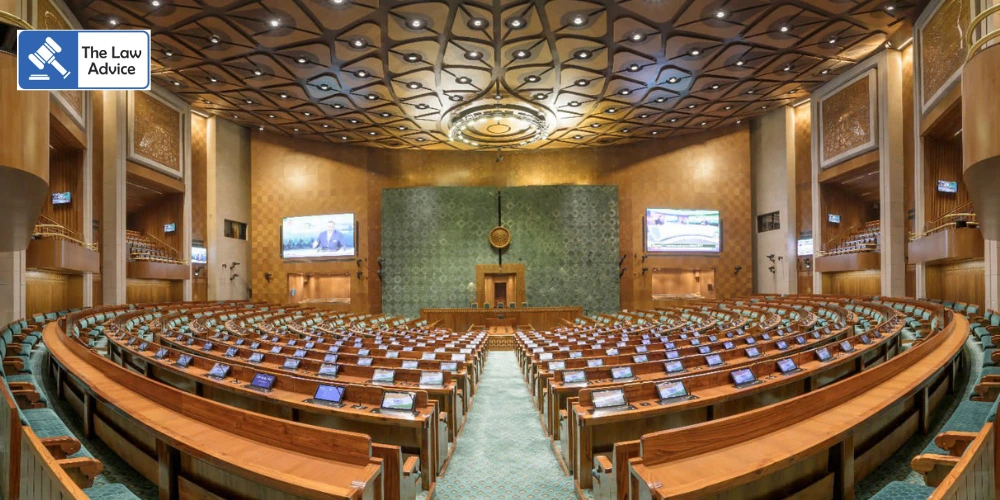The Lok Sabha on Tuesday referred the 130th Constitution (Amendment) Bill, 2025—which seeks to disqualify a Central or State Minister, including the Prime Minister and Chief Ministers, from holding office if they remain in custody for 30 consecutive days in connection with a serious criminal offence—to a Joint Parliamentary Committee (JPC) for further examination.
The Bill was introduced by Union Home Minister Amit Shah, along with two accompanying Bills proposing parallel amendments to the Government of Union Territories Act, 1963 and the Jammu and Kashmir Reorganisation Act, 2019 so that the provisions would also extend to Union Territories.
The motion to introduce the Bills sparked strong resistance in the House. Opposition leaders including Asaduddin Owaisi (AIMIM), Manish Tewari (INC), NK Premchandran (RSP), KC Venugopal (INC) and Dharmendra Yadav (SP) opposed the legislation, questioning its constitutional validity and possible misuse. However, after a division of votes, the motion was carried. The subsequent motion to refer the matter to a Joint Parliamentary Committee—comprising 21 members of the Lok Sabha and 10 members of the Rajya Sabha—was also approved.
Key Provisions of the 130th Constitution (Amendment) Bill
The central feature of the Bill is the proposal to insert a new clause in Article 75 of the Constitution (which deals with Union Ministers). The clause mandates:
• If a Minister is arrested and detained for 30 consecutive days in connection with an offence punishable by five years or more imprisonment, the President shall remove him from office on the advice of the Prime Minister, effective on the 31st day.
• If the Prime Minister fails to give such advice by the 31st day, the Minister shall automatically cease to hold office from the following day.
• However, this provision will not bar the Minister from being reappointed after release from custody.
Parallel amendments have also been proposed to:
• Article 164 (State Ministers),
• Article 239AA (Ministers in NCT of Delhi), and
• Provisions in the Government of Union Territories Act, 1963 and the J&K Reorganisation Act, 2019, ensuring that the law uniformly applies across the Union.
The Statement of Objects and Reasons emphasizes that persons holding ministerial office must be beyond suspicion, acting solely for public welfare. It states that a Minister facing prolonged detention on allegations of grave criminal misconduct may undermine constitutional morality, good governance, and ultimately erode public trust.
The proposal comes against the backdrop of several high-profile arrests of Ministers in recent years:
• Arvind Kejriwal (then Delhi CM) in the alleged Delhi Liquor Policy scam,
• V Senthil Balaji (former TN Minister) in the cash-for-jobs scam,
• Hemant Soren (former Jharkhand CM) in an alleged land scam,
• Partha Chatterjee (former WB Minister) in the school recruitment scam, among others.
In some cases, Ministers were removed but reinstated after being granted bail, leading to questions of propriety. The case of Senthil Balaji is particularly cited: though he was dismissed by the Governor after arrest, he was later reinstated when released on bail. The Supreme Court, disapproving of this reinstatement, observed that a person must choose between holding ministerial office and enjoying personal liberty. Balaji eventually resigned.
The government has cited such incidents to argue that the law is necessary to preserve the dignity of constitutional offices and to ensure that individuals facing serious criminal allegations do not continue to wield executive power while under detention.
